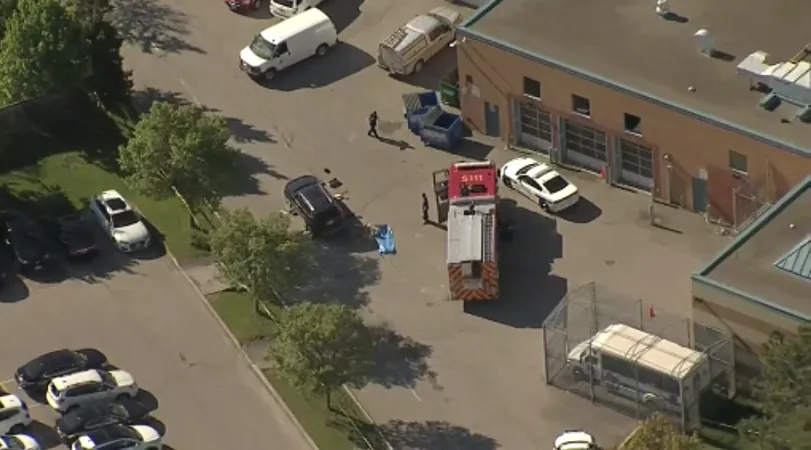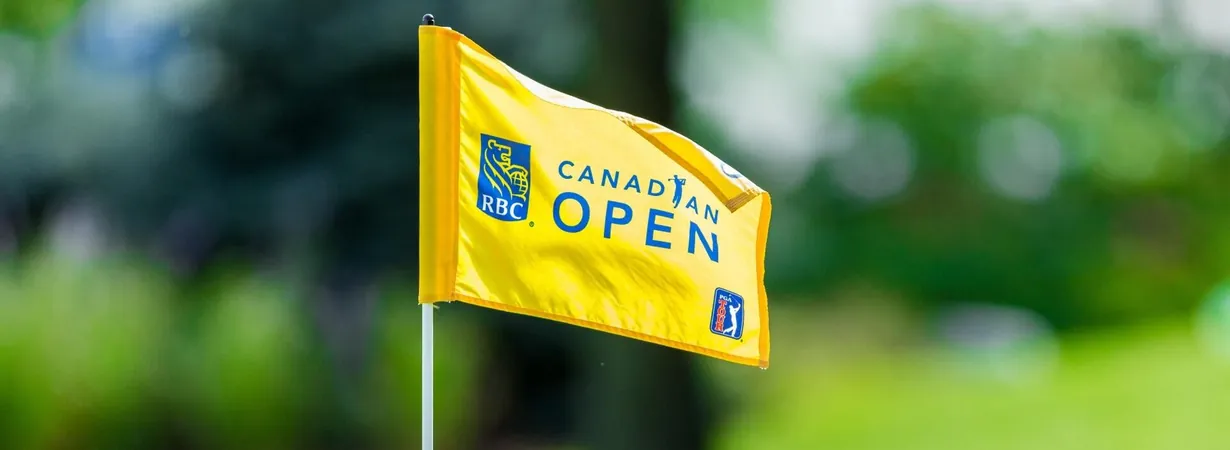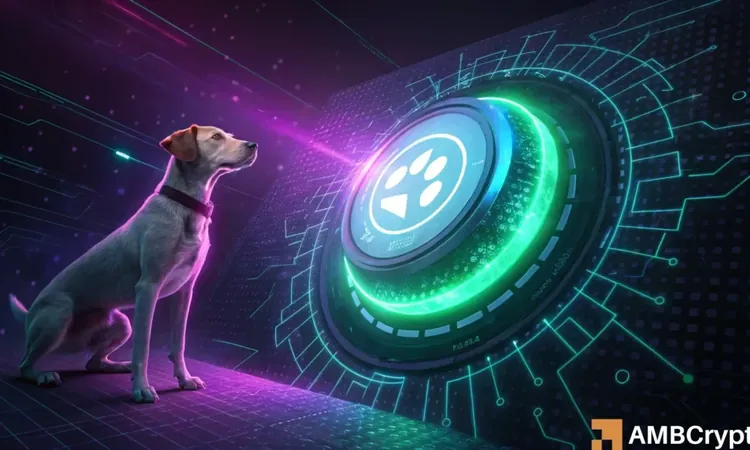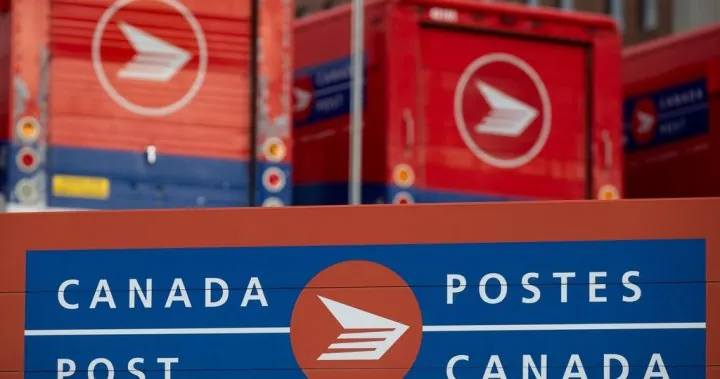
Clearing the Cosmos: A Groundbreaking Solution to Space Debris
2025-05-15
Author: Emily
The Growing Threat of Space Junk
Did you know that around 35,000 objects are currently tracked in Earth's orbit? Surprisingly, only a mere third of these are active satellites serving crucial scientific and communication purposes. The remaining two-thirds? A chaotic mix of defunct satellites, spent rocket parts, and debris from past collisions, leading to a precarious situation in our skies.
Debris: A Catastrophic Risk
With the rapid increase in space launches and fragmentation events—resulting in potentially over a million tiny debris pieces—damage to operational satellites and even the International Space Station has become alarmingly frequent. The risk of catastrophic collisions is escalating, making it clear that immediate action is necessary.
A Transformative Initiative: The Space Sustainability Rating
In response to this crisis, a visionary team, spearheaded by MIT's Danielle Wood, was selected by the World Economic Forum in 2019 to innovate a system that assesses space mission operators. Enter the Space Sustainability Rating (SSR), launched in 2021 as a nonprofit initiative aimed at scoring uses of space based on their practices in launch and de-orbit plans, collision avoidance, and debris management.
"Satellites play a vital role in our everyday lives, aiding in communication, navigation, and environmental monitoring," asserts Wood. "As new missions are set to deploy thousands of satellites, an evolved approach to space traffic management is essential to avoid losing access to these invaluable services."
Celebrating Responsible Space Practices
Eutelsat Group, a key player in satellite operations, became the first to undergo the SSR process. Scoring over 80% and achieving a platinum rating, they demonstrated exemplary sustainability in their satellite operations—highlighting the potential for responsible space practices to be recognized and celebrated.
A Comprehensive Approach to Space Assessment
The SSR isn't just a rating; it's a comprehensive incentive system designed to motivate operators to minimize space debris and collision risks. In a recent paper in Acta Astronautica, the SSR team delves into the motivation, challenges, and methodologies behind this important initiative, drawing parallels to successful rating systems in other industries.
This innovative approach not only encourages responsible actions by satellite operators but also aligns itself with international space debris mitigation guidelines, making it a vital tool for the future.
The Road Ahead: Ensuring a Sustainable Space Future
As satellite services continue to expand and in-space manufacturing becomes the norm, the need for sustainable practices in space operations cannot be overstated. The Space Enabled Research Group remains dedicated to advancing research that highlights the importance of sustainability in our ever-expanding universe.
The future of space hinges on protecting it today; the Space Sustainability Rating might just be the catalyst we need to safeguard the cosmos.









 Brasil (PT)
Brasil (PT)
 Canada (EN)
Canada (EN)
 Chile (ES)
Chile (ES)
 Česko (CS)
Česko (CS)
 대한민국 (KO)
대한민국 (KO)
 España (ES)
España (ES)
 France (FR)
France (FR)
 Hong Kong (EN)
Hong Kong (EN)
 Italia (IT)
Italia (IT)
 日本 (JA)
日本 (JA)
 Magyarország (HU)
Magyarország (HU)
 Norge (NO)
Norge (NO)
 Polska (PL)
Polska (PL)
 Schweiz (DE)
Schweiz (DE)
 Singapore (EN)
Singapore (EN)
 Sverige (SV)
Sverige (SV)
 Suomi (FI)
Suomi (FI)
 Türkiye (TR)
Türkiye (TR)
 الإمارات العربية المتحدة (AR)
الإمارات العربية المتحدة (AR)